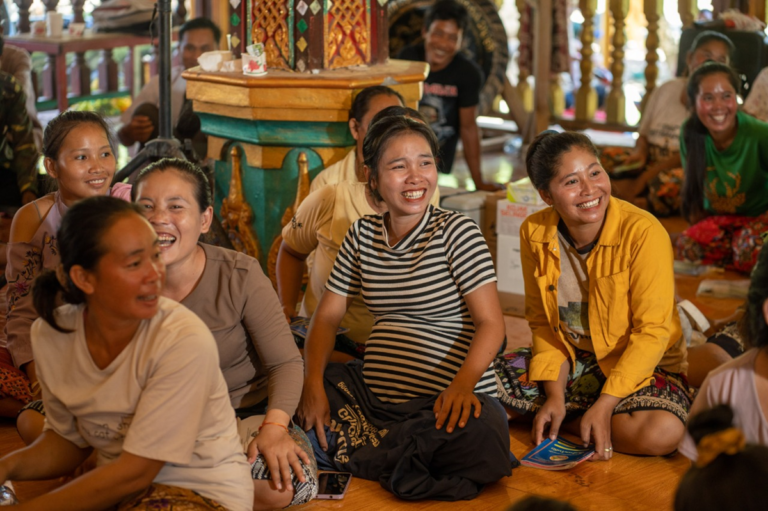Today, on Self-Care Day, WHO launched new guidelines to help countries deploy effective self-care interventions within their health systems. These interventions include medicines, diagnostic and monitoring devices and digital tools to help people test and manage diseases, prevent illness and access important health information.
Self-care health options are growing in popularity, including self-administered birth control, testing for COVID-19, HPV, HIV and other sexually transmitted diseases, blood pressure monitoring, pregnancy and ovulation tests, and techniques to manage stress, substance use, anxiety and other mental illnesses.
“With billions of people lacking basic health services and a global shortage of health and care workers, self-care interventions have the potential to address important equity challenges while expanding access to vital health care,” said Dr Pascal Allotey, Director of Sexual and Reproductive Health and Research (SRH) and Human Reproduction Programmes (HRP) at WHO. “These new guidelines will be a critical resource to help countries around the world adopt and scale up self-care for their health and well-being.”
The guidance highlights the need to provide people with accurate and accessible information about their self-care options, and the role of health professionals in supporting their use. Specifically, it outlines ways in which different sections of the health profession – including pharmacists, GPs, community health workers and carers – can support and advise people about self-care.
The guidance is aimed at countries that have adopted WHO’s landmark guidelines on self-care interventions for health and well-being, and will support all those making decisions about or advising on the delivery and promotion of self-care interventions – including policy makers, legislators, regulators, programme managers, health and care workers and community members.
These new guidelines will be a critical resource as countries around the world adopt and expand self-care for health and well-being.
Dr Pascal Allotey, Director of SRH and HRP, WHO
Self-care interventions increase people’s autonomy, choice and access to health services while also providing increased confidentiality and privacy. In 2021, an estimated 4.5 billion people lacked access to essential health services. Self-care interventions not only complement health systems during stable periods but also provide an important alternative in the event of major disruptions to the health system.
Since the guidelines were published 5 years ago, Interest in self-care interventions has grown exponentially: to date, approximately 50 countries have adapted the guidelines and taken steps to introduce or modify supporting policies.


